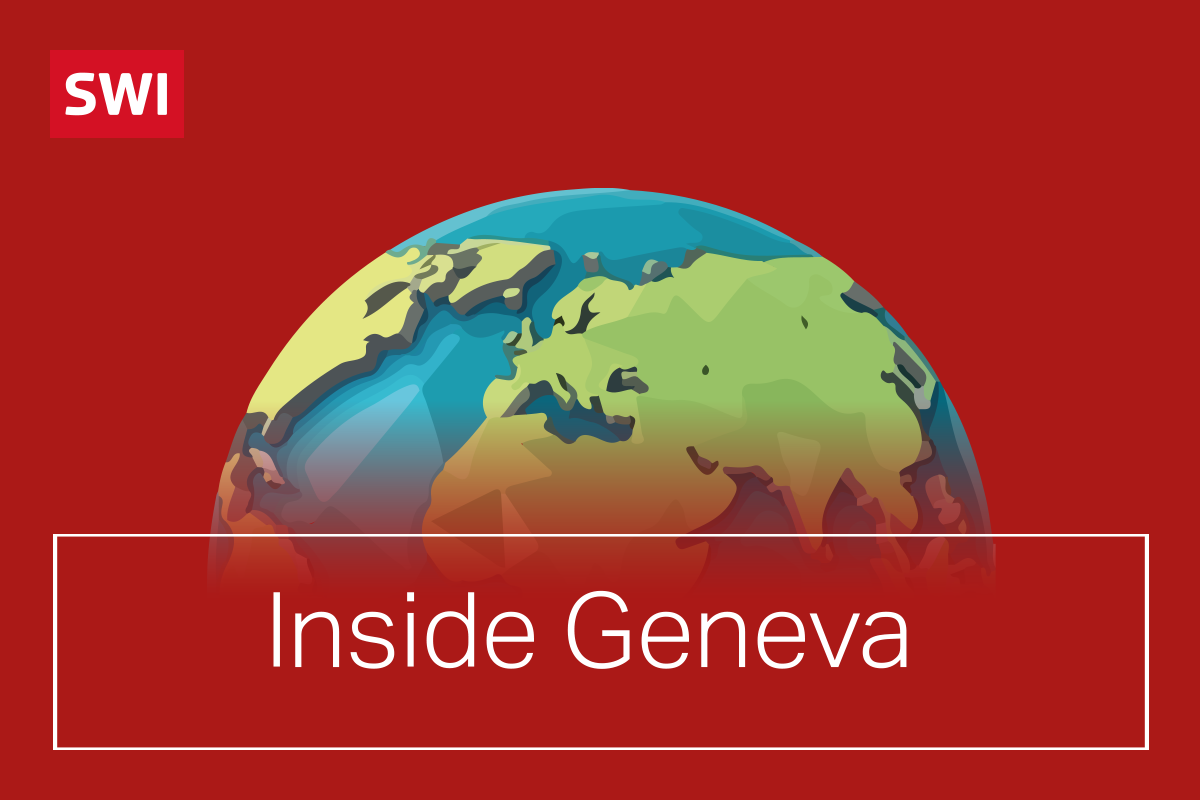Afghanistan: aid agencies reaffirm their commitment
I hesitate to write anything about Afghanistan just now – the situation appears unpredictable, risky, chaotic. But everyone in Geneva is thinking about it; humanitarian organisations here have devoted decades to the country, working, together with Afghans themselves, since long before 9/11.
So what will happen now? Politicians have been telling us the rapid fall of the government to the Taliban was a huge surprise. Aid agencies don’t entirely agree. When President Biden first announced the US troop withdrawal, with that apparently non-negotiable deadline of September 11th, there was unease among Geneva’s humanitarian organisations.
Some, like the International Committee of the Red Cross (ICRC), put out statements reaffirming their long commitment to Afghanistan. But one senior UN figure told me, with real concern, that Biden’s policy was being seen as a mistake, “following the Trump America first playbook”.
That was back in April, and now, here we are, a few short months later, and the Afghan president has fled, the Taliban are in control, and there are scenes of mayhem at Kabul airport, as both international diplomatic staff and Afghans associated with them try to flee.
In the midst of all this, the aid agencies are continuing to work. The UN says it has no plans to reduce its more than 300 international staff in the country, neither does the ICRC. Unicef says all the health facilities it supports in Afghanistan are open – the female staff have even been reassured by the Taliban that they can come to work as normal.
But how realistic is this? That’s what we discuss in this week’s edition of our Inside Geneva podcast. I’m joined by Marie Lequin, Eurasia Director of Geneva Call, an organization working with Afghan women on violence reduction, by Ken Roth, Executive Director of Human Rights Watch (HRW), and by Irwin Loy, Asia Editor of The New Humanitarian.

More
Afghanistan: aid agencies are staying
Lequin says Geneva Call too is committed to staying. “We as the international community need to make sure that regardless who is the government, that we can be present on the ground and assist the people in need.”
And the needs are huge; violent conflict in Afghanistan has been ongoing for years. Even before the fall of the government, it was the most dangerous country in the world to be a civilian. Add to that a devastating drought and the consequent poor harvest, as well as Covid 19, and millions of Afghans need urgent food and medical support.
A change of government should not, aid agencies believe, mean they need to stop working, even if the diplomats have fled. And as Loy points out, “the Taliban has had a game plan, they know how aid agencies operate, they know that they need a certain level of aid to continue”.
That may be true – certainly the Taliban leaders must understand that governing a country in the midst of a humanitarian crisis is going to be tough, and that impartial humanitarian help might be worth respecting.
Sign up! The latest updates from International Geneva – in your inbox
But what if the Taliban want to restrict the kind of aid that is offered? What if schools supported by Unicef or the World Food Programme become boys’ schools only? What happens to humanitarian work on domestic violence prevention? Will the aid agencies have to compromise, Loy wonders? Or will they insist on sticking to their original gender equal projects? If they do, how will the Taliban respond?
Another big question, this one for those fleeing western governments: what happens to the aid and development money they had been spending, rather generously, in Afghanistan? Some of it surely will be cut. Perhaps the development side will be switched, for now, into immediate emergency relief money.
“I do think western governments will want to make sure that their aid is channeled through legitimate NGO’s and not through the {Taliban} government,” says Roth of HRW.
Nevertheless he believes the UN needs to hold firm in Afghanistan, and hold the Taliban to those promises about inclusivity and respect for women’s rights that they have been making. “In terms of the UN, I think we want to take advantage of the nice words that are coming from the Taliban, and say ok if you’re saying this, let’s walk the walk too.”
But there is a very understandable skepticism about how sincere the Taliban are when they talk about inclusivity for all ethnic and religious groups, and for women’s rights.
That’s why, as I write this, there are moves at the UN Human Rights Council to set up an independent monitoring mechanism for Afghanistan, to make sure that there is permanent scrutiny of human rights in the country, and of the Taliban’s commitment to upholding them – or undermining them. It seems the least the UN can do, but even this may be a step too far for some member states.
For now, the situation in Afghanistan is a mess. A political disaster for western governments, in particular the US and the UK, but a humanitarian disaster for the people of Afghanistan, who have been at the mercy of warring factions, and geopolitical struggles, for decades. As with Syria, or Yemen, the only long-term solution is political. But once again the politicians have failed, leaving the aid agencies, once again, trying to put a sticking plaster on the gaping wounds.

In compliance with the JTI standards
More: SWI swissinfo.ch certified by the Journalism Trust Initiative









You can find an overview of ongoing debates with our journalists here . Please join us!
If you want to start a conversation about a topic raised in this article or want to report factual errors, email us at english@swissinfo.ch.